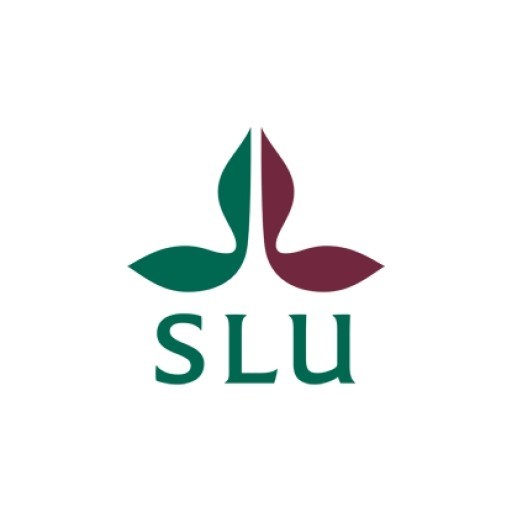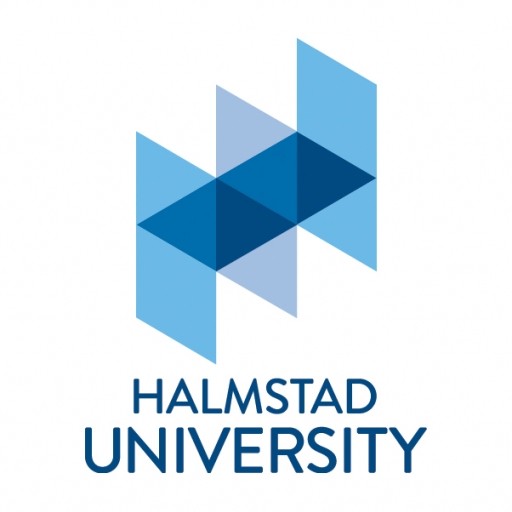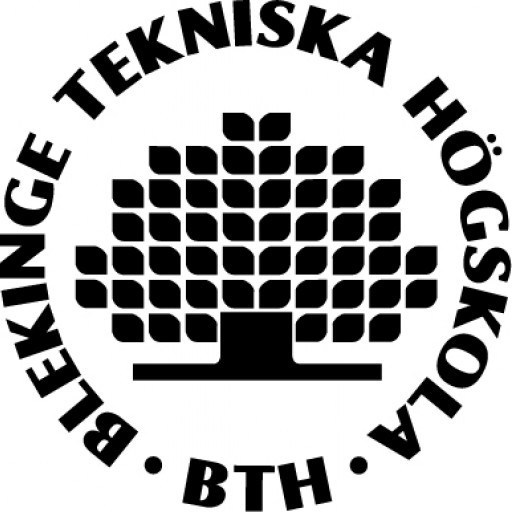Photos of university / #lundsuniversitet
The Master’s programme in Economic Growth, Innovation and Spatial Dynamics at Lund University offers students a comprehensive understanding of the complex mechanisms that drive economic development and regional prosperity. This interdisciplinary programme combines insights from economics, geography, and innovation studies to analyze the factors influencing growth at both national and regional levels. Students will explore how technological innovation, spatial distribution of industries, and policy interventions shape economic trajectories across different geographical contexts. The curriculum emphasizes analytical skills, empirical research, and policy analysis, equipping students to address real-world challenges related to sustainable development, urbanization, and economic disparities. Throughout the programme, students will engage with advanced economic theories, spatial data analysis, and case studies to develop a robust understanding of how economic activity is geographically distributed and how it can be influenced to foster equitable and sustainable growth. The programme prepares graduates for careers in research, consultancy, public policy, and international organizations, where they can contribute to the development of innovative solutions for regional development and economic resilience. Tutorials, workshops, and collaborations with industry stakeholders ensure practical experience and a deep engagement with current issues in the field. Graduates will gain critical skills in planning, policy formulation, and economic analysis, enabling them to promote balanced regional development and improve living standards worldwide. The programme is delivered by experienced faculty members at Lund University, renowned for their expertise in economic geography, innovation, and regional development, providing students with a stimulating academic environment and valuable networking opportunities.
The Master's Programme in Economic Growth, Innovation and Spatial Dynamics at Lund University offers students a comprehensive understanding of the complex factors that drive economic development and regional transformation. This interdisciplinary programme integrates economic theory, innovation studies, and spatial analysis to explore how geographic, technological, and institutional factors influence growth patterns across different regions. Throughout the programme, students will examine the role of innovation systems, knowledge flows, and policy frameworks in fostering sustainable economic progress. Emphasizing empirical analysis and policy relevance, the coursework covers topics such as regional economic development, spatial economics, innovation policies, and the impact of globalization on local economies. Students will engage with advanced quantitative methods, GIS tools, and case studies to analyze real-world challenges faced by policymakers and industry leaders. The programme is designed to prepare graduates for careers in academia, research institutions, government agencies, and private sector organizations involved in regional development, innovation management, and economic policy formulation. Designed with a strong international perspective, the programme attracts students from all over the world, fostering a vibrant academic community dedicated to understanding the dynamics of economic growth in a rapidly changing world. Combining theoretical foundations with practical applications, it equips students with the analytical skills and knowledge necessary to contribute effectively to the development of innovative, inclusive, and sustainable economies. Throughout their studies, students will also have access to Lund University's extensive research centers and networks, providing opportunities for internships, collaborative projects, and interaction with leading experts in the field. Upon graduation, students will be well-positioned to shape policy, conduct scholarly research, or drive innovation initiatives locally and globally.
The Master’s Programme in Economic Growth, Innovation and Spatial Dynamics at Lund University requires applicants to hold a Bachelor's degree or an equivalent qualification in Economics, Business Administration, or a closely related field. Applicants must demonstrate proficiency in English, typically through achieving a minimum score of 6.0 on the Swedish IELTS or corresponding scores on other recognized tests such as TOEFL or Pearson PTE Academic. The program emphasizes analytical and quantitative skills, so applicants are expected to have completed coursework in microeconomics, macroeconomics, econometrics, and economic theory. Prior research experience or a strong academic record in relevant subjects is beneficial. The selection process considers academic qualifications, motivation letter, CV, and relevant work or research experience. Additionally, the program values applicants who show an interest in regional development, innovation policies, and spatial economic analysis. As part of the application process, candidates may need to submit a Statement of Purpose explaining their motivation for applying and how their background aligns with the programme’s focus. It is recommended that applicants review the specific entry requirements set by Lund University and consult the official programme webpage for the most accurate and updated information. The programme aims to provide students with comprehensive knowledge in understanding economic growth processes, the role of innovation, and spatial dynamics, preparing graduates for careers in academia, policy-making, consultancy, and international organizations. Successful applicants should possess strong analytical abilities, interest in economic development issues, and the capacity to engage in interdisciplinary research. The programme also encourages diversity and interdisciplinary perspectives, fostering a collaborative learning environment. Applicants who meet these criteria and demonstrate a clear motivation aligned with the programme's objectives are well-positioned to be accepted. The program is designed to be highly competitive, and prospective students should ensure they prepare their application materials carefully, adhering to the application deadlines and guidelines provided by Lund University.
The financing studies for the Master's Programme in Economic Growth, Innovation, and Spatial Dynamics at Lund University are primarily covered through a combination of scholarships, government grants, student loans, and personal funding. International students are encouraged to apply for various scholarship opportunities offered by Lund University, such as the Lund University Global Scholarship, which covers partial or full tuition fees for outstanding students from non-EU/EEA countries. These scholarships are highly competitive and are awarded based on academic excellence and motivation.
In addition to scholarships, students from within the EU/EEA typically benefit from the Swedish student loan system managed by the Swedish National Board of Student Aid (CSN). This system provides low-interest loans and grants to support students throughout their studies. Students can apply for these loans once admitted to the program and will need to meet certain criteria, including demonstrating financial need and fulfilling academic progression requirements.
Many students also supplement their financing through part-time work opportunities available for international students in Sweden. The country offers a vibrant job market, especially within academic institutions, in student unions, or in roles related to their field of study. However, students are advised to balance work commitments with their studies to ensure academic success.
Apart from external funding, some students rely on personal savings, family support, or sponsorships from their home countries. International students are advised to prepare a comprehensive financial plan before moving to Sweden to cover tuition fees, housing, health insurance, living expenses, and study materials. The university also provides detailed guidance on financial planning through its admissions office and student support services.
In sum, the financing of studies in the programme depends largely on individual circumstances, the availability of scholarships, eligibility for government funding, and personal financial resources. Prospective students are encouraged to start financial planning early and explore all available funding options to facilitate their successful completion of the program.
The MSc in Economic Growth, Innovation and Spatial Dynamics at Lund University is designed to provide students with a comprehensive understanding of the mechanisms driving economic development and regional growth. This program focuses on the complex interactions between innovation processes, spatial factors, and economic growth dynamics, offering a multidisciplinary approach that combines economics, geography, and innovation studies. Students will explore topics such as regional competitiveness, innovation systems, economic geography, development policies, and sustainable urbanization. The curriculum emphasizes empirical analysis, policy evaluation, and theoretical modeling, equipping graduates with the skills needed to analyze and influence economic and spatial development processes at local, regional, and national levels. The program also encourages an international perspective, preparing students for careers in academia, public sector planning and policy-making, consulting, and international organizations. Students will benefit from Lund University's strong research environment, access to leading scholars, and close ties with industry and government agencies. The program typically includes coursework, seminars, projects, and a thesis component, allowing students to apply their knowledge to real-world challenges. Graduates will be well-prepared to work in roles related to economic development, urban planning, innovation policy, and regional analysis, contributing to sustainable and inclusive economic growth. The multidisciplinary approach and emphasis on spatial and regional dynamics make this program particularly valuable for those aiming to influence development strategies in a rapidly changing economic landscape.





